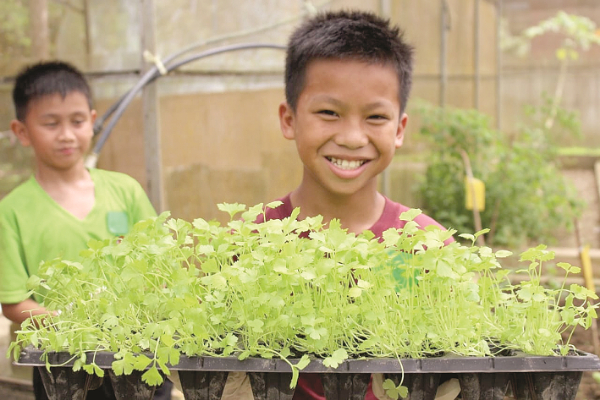 KOTA KINABALU: The Community Garden Project is a collaboration between the Faculty of Psychology and Education (FPE) of Universiti Malaysia Sabah (UMS) together with five other organisations to improve the psychological well-being of the younger generation.
KOTA KINABALU: The Community Garden Project is a collaboration between the Faculty of Psychology and Education (FPE) of Universiti Malaysia Sabah (UMS) together with five other organisations to improve the psychological well-being of the younger generation.
According to coordinator, Dr. Getrude Cosmas, who is a senior lecturer at FPP, the project is a platform that can expose young people to improve skills and knowledge about gardening activities.
“This Community Garden project is carried out in collaboration with UMS together with the Sabah Community Services Council (MPMS), Sabah Psychosocial Association, Kaiduan Agriculture Training Center (KATC), SK. Kaiduan, Papar and WRS 4x4 Club with funding from MPMS through the 2022 Children’s Social Programme Grant.
“Soft skills such as group work, interpersonal and communication, are also applied to help improve the psychological well-being of SK Kaiduan students, UMS students and other participants,” he said.
It was held in conjunction with the Christmas and New Year celebrations together with colleagues involved in the Community Garden Project at KATC, recently.
Some 73 participants had the opportunity to clean the plant site, sow, fertilise, put soil in polybags and plant various types of vegetables such as cherry tomatoes, mustard, sweet vegetables, white pumpkin, red spinach, sweet potatoes and eggplant.
“Apart from farming, the participants representing various organisations had the opportunity to interact and get to know each other through the activities.
Among the highlights of the event included gardening activity at Taman HIP (Highly Immersive Program) at SK Kaiduan, colouring activity for students (Years 2 to 4) and a story composing activity (Years 5 and 6),” he said.
“This event is a sign of appreciation to all participants, including 34 SK Kaiduan students and five KATC staff.
“A teacher from Mara Junior College of Science (MRSM), Jolifulizan Jais, shared about the opportunities and requirements for admission to MRSM,” he said.
He added that UMS and MRSM had the opportunity to donate gifts in the form of bags and stationery to students.
“It is hoped that this collaboration programme between various agencies will be able to continue in the future with the goal of improving the well-being of students in the interior parts of Sabah,” said Gertrude.
Also present were SK Kaiduan Headmaster Uzair Kee Yahya; Kaiduan Eco-Farm Manager Rebekah Alpeus; and FPP lecturer Dr Patricia Joseph Kimong.



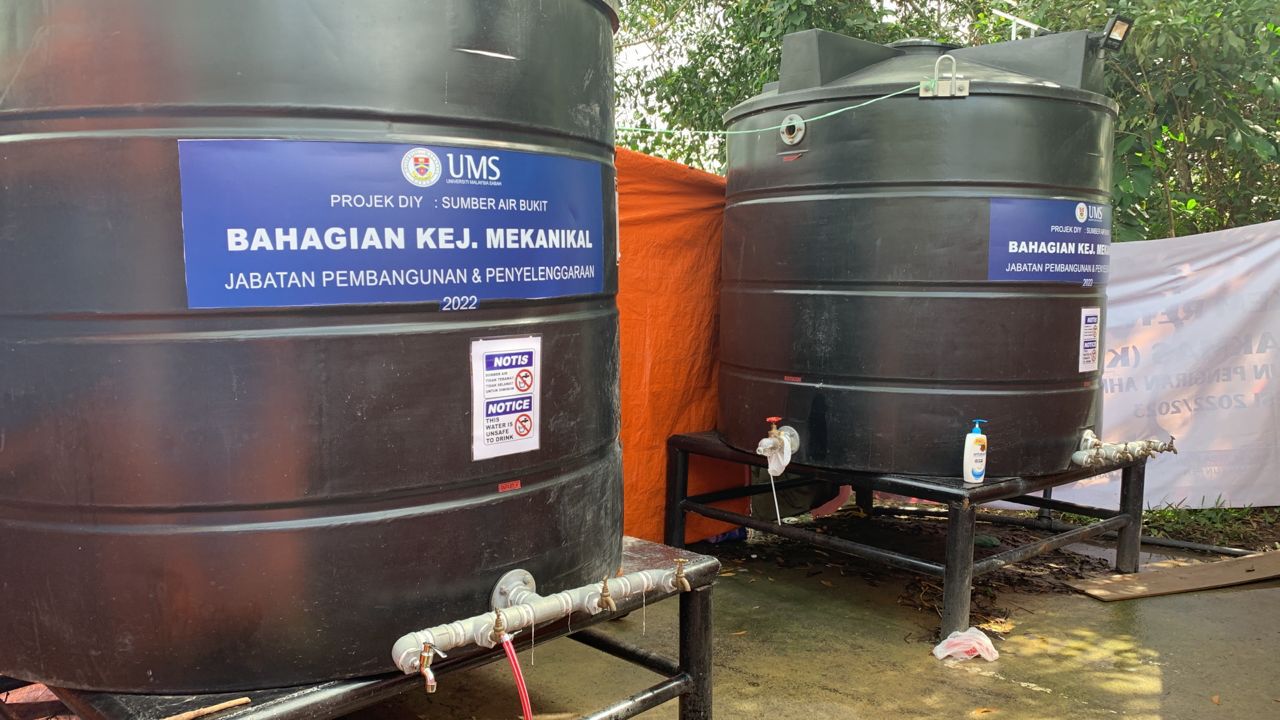 KOTA KINABALU: Universiti Malaysia Sabah (UMS) is taking measures to reduce the impact of water shortage in campus here, due to water rationing that is expected to last until 2024.
KOTA KINABALU: Universiti Malaysia Sabah (UMS) is taking measures to reduce the impact of water shortage in campus here, due to water rationing that is expected to last until 2024.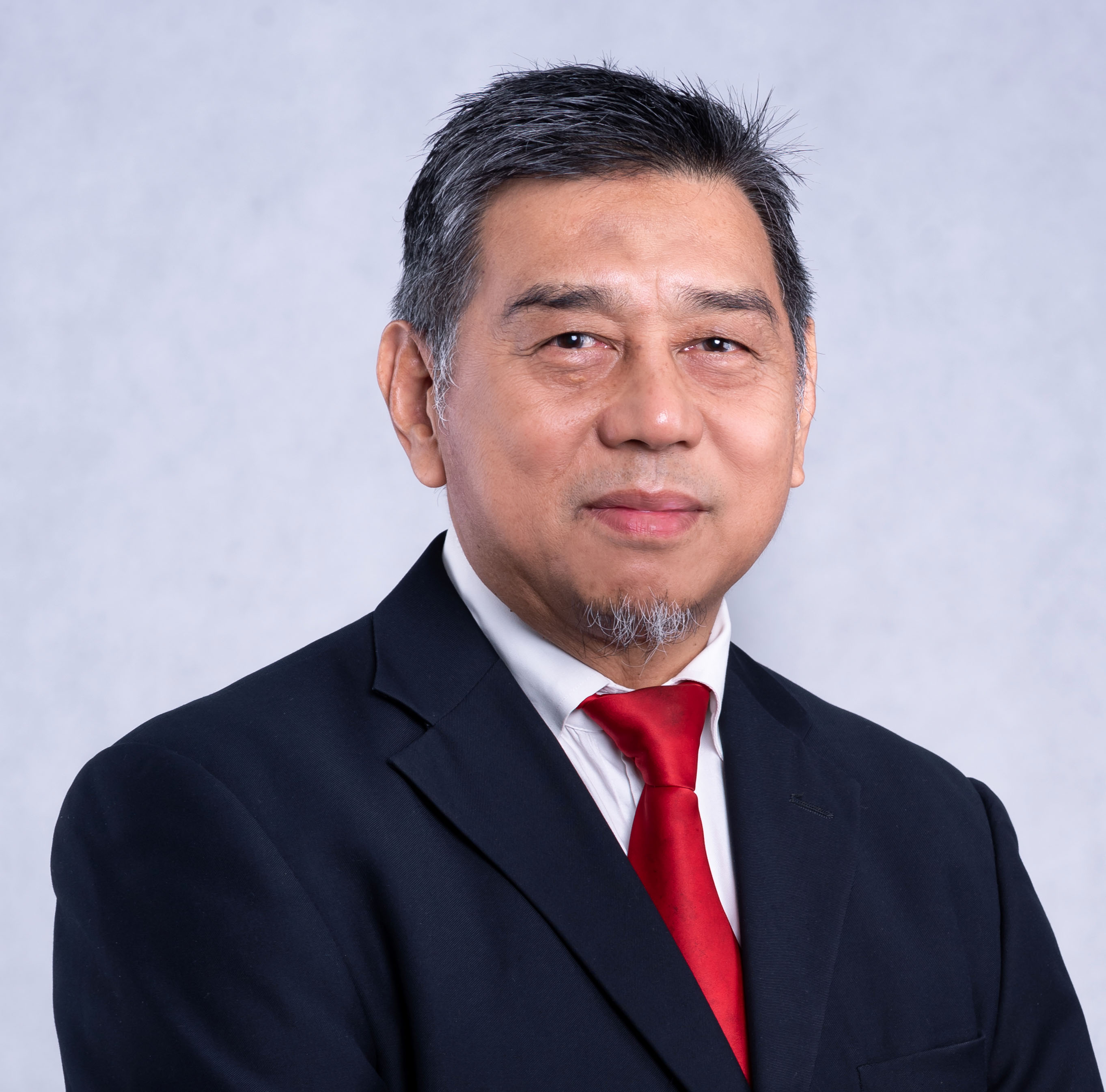 KOTA KINABALU: The intellectuality of academicians in various fields needed to be transformed to produce ideas to solve issues in society.
KOTA KINABALU: The intellectuality of academicians in various fields needed to be transformed to produce ideas to solve issues in society.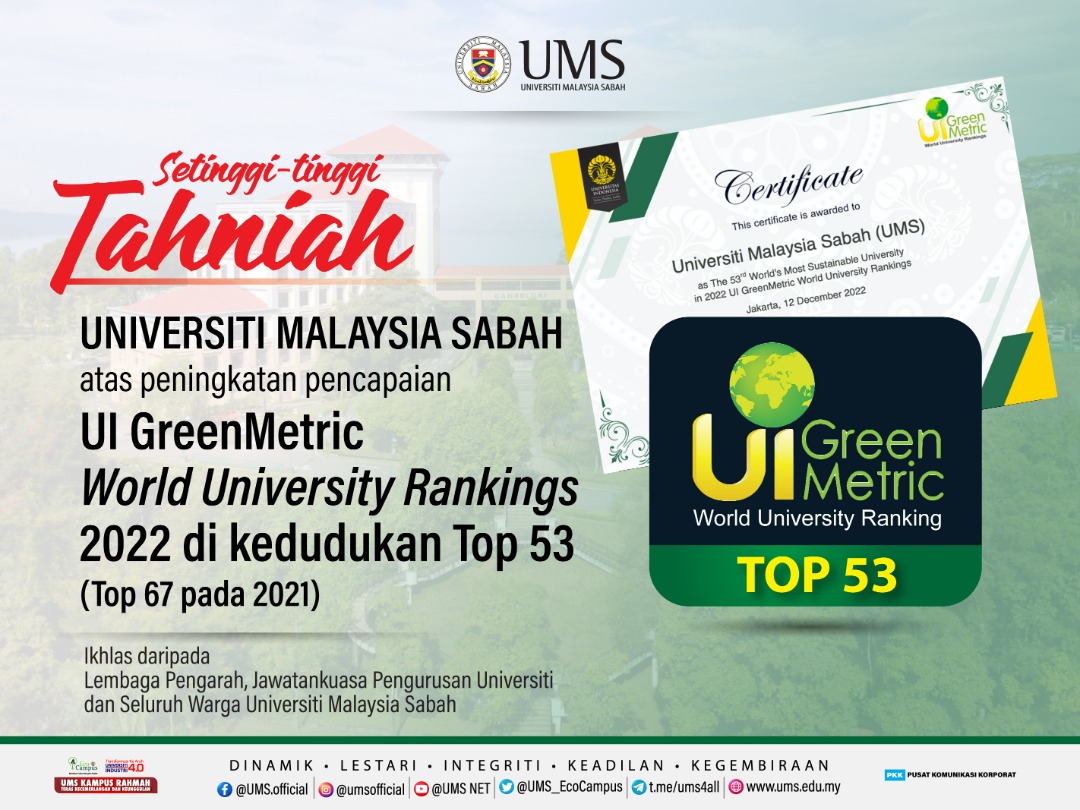 KOTA KINABALU - Universiti Malaysia Sabah (UMS) is making great strides in its quest to become an institution of higher learning with fully sustainable campuses in accordance with its appreciation of the EcoCampus concept.
KOTA KINABALU - Universiti Malaysia Sabah (UMS) is making great strides in its quest to become an institution of higher learning with fully sustainable campuses in accordance with its appreciation of the EcoCampus concept.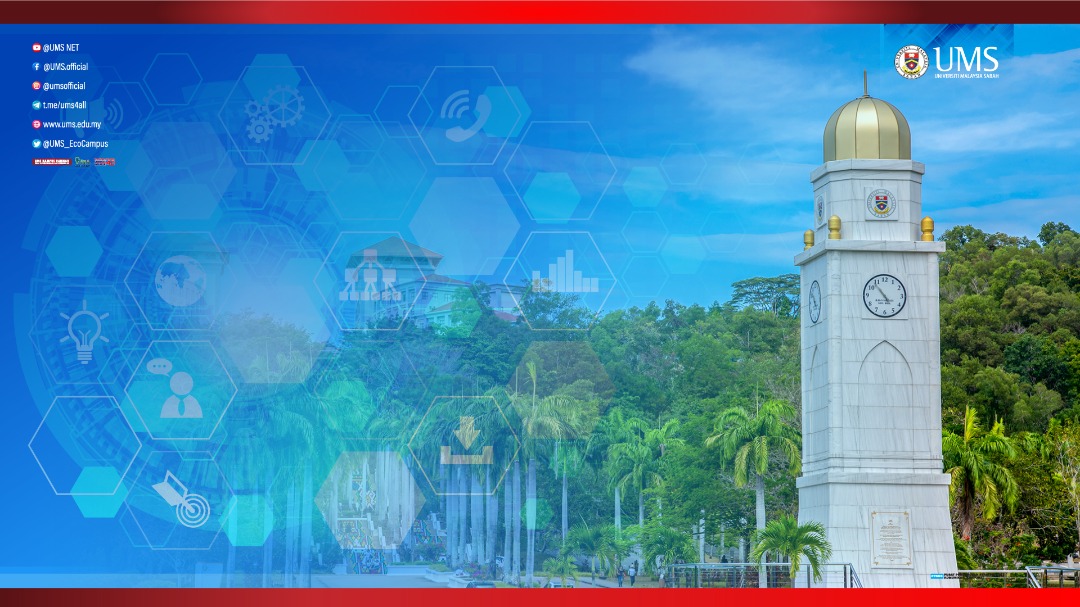 KOTA KINABALU: The Confucius Institute (CI) of Universiti Malaysia Sabah (UMS) hopes to have a deeper working relationship with the state Education Department in promoting Chinese language learning in local schools.
KOTA KINABALU: The Confucius Institute (CI) of Universiti Malaysia Sabah (UMS) hopes to have a deeper working relationship with the state Education Department in promoting Chinese language learning in local schools.